You can chain CONCAT functions like so:
concat3: STRING := CONCAT(CONCAT(str1, str2), str3);
However, beware that by default STRING is only 80 characters (81 bytes) long.
If a size is not defined, then CODESYS allocates 80 characters by default.
You can specify the size using parenthesis:
concat3: STRING(255) := CONCAT(CONCAT(str1, str2), str3);
But again, the standard CONCAT function (and others) only accepts and returns strings of up to 255 in length!
If you need strings longer than 255, then check Working with Strings More Than 255 Characters in the codesys documentation.
If you often work with strings, it might be useful to create your own Concat3, Concat4, etc.. functions for future use.
If your codesys version supports default values for function inputs, and you don't mind wasting a few CPU cycles, you may do something like this:
FUNCTION StringConcat : STRING(255)
VAR_INPUT
STR1: STRING(255);
STR2: STRING(255);
STR3: STRING(255):= '';
STR4: STRING(255):= '';
// etc up to a large number
END_VAR
StringConcat := CONCAT(STR1 := StringConcat, STR2 := STR1);
StringConcat := CONCAT(STR1 := StringConcat, STR2 := STR2);
StringConcat := CONCAT(STR1 := StringConcat, STR2 := STR3);
StringConcat := CONCAT(STR1 := StringConcat, STR2 := STR4);
// etc up to all defined inputs
With the function above, you can use the same function to concatenate as many strings as you want (well, up to the number of inputs you defined), for example:
str1: STRING(255);
str2: STRING(255);
// implementation:
str1 := StringConcat('Hello', ' ', 'World', '!');
str2 := StringConcat('Hell', 'o', ' ', 'World', '!', '!', '!');
Result:

Although, beware that using StringConcat during declaration produces garbage (seems to be a bug in codesys with default values in the declaration), for example:
str1: STRING(255) := StringConcat('Hello', ' ', 'World', '!');
Results is:


